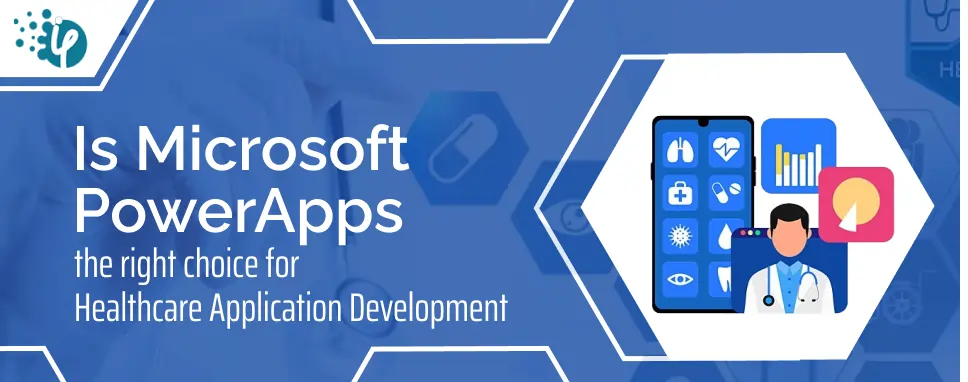How Does Microsoft PowerApps Empower Healthcare for Better Patient Care?
Microsoft PowerApps serves as a powerful tool in transforming of healthcare, offering innovative solutions that significantly contribute to better patient care. At the core of PowerApps lies a low-code development platform, allowing healthcare organizations to create customized applications without the need for extensive coding expertise. This flexibility empowers healthcare professionals, administrators, and IT teams to craft tailored solutions that address specific challenges, ultimately leading to improved patient outcomes.
One of the key ways in which PowerApps boost patient care is through the creation of customized applications that streamline healthcare workflows. Administrative processes, such as appointment scheduling, patient admissions, and data entry, can be automated, reducing the burden on healthcare staff and enabling them to focus more on direct patient care. By optimizing these workflows, PowerApps enhances operational efficiency, resulting in quicker response times, reduced wait times for patients, and an overall improvement in the quality of care.
Patient engagement is a critical aspect of healthcare, and PowerApps plays a pivotal role in fostering meaningful communication between healthcare providers and patients. Through the development of patient engagement applications, PowerApps facilitates seamless interaction, offering features like appointment reminders, access to medical records, and tools for remote monitoring. Patients can easily schedule appointments, access relevant health information, and participate in remote monitoring programs, leading to a more connected and informed patient experience. This increased engagement not only empowers patients to take an active role in their healthcare but also strengthens the patient-provider relationship. It also enables healthcare professionals to design applications for efficient data collection. Whether it's patient data, research information, or other critical metrics, these applications can be tailored to meet the specific needs of healthcare organizations. The integration of PowerApps with tools like Power BI further enhances data analysis capabilities, providing healthcare professionals with valuable insights. Evidence-based decision-making becomes more accessible, contributing to improved clinical outcomes and informed healthcare practices.
PowerApps is designed with integration in mind, seamlessly connecting with other Microsoft services and existing healthcare systems. This integration prevents data silos, ensuring that patient information is easily accessible across various platforms. A unified view of patient data promotes coordinated and comprehensive care, enabling healthcare providers to make well-informed decisions based on a holistic understanding of a patient's medical history and current health status.





















